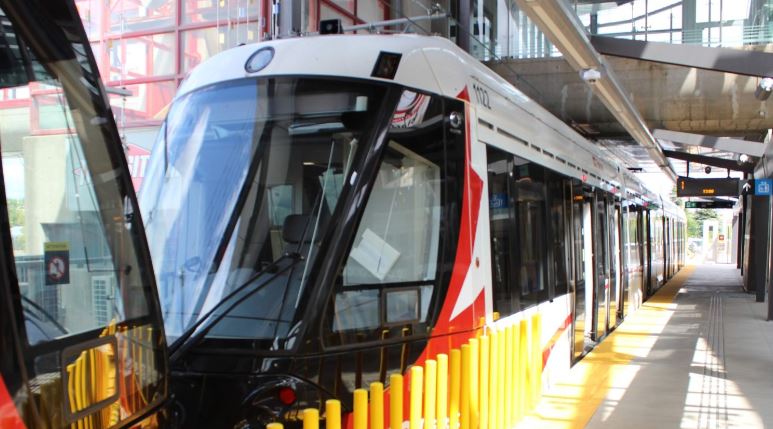Negotiations stall between Hydro Ottawa, IBEW as strike drags on
Posted Sep 1, 2023 04:09:04 PM.
Following non-binding mediation last week, negotiations between Hydro Ottawa and International Brotherhood of Electrical Workers (IBEW) Local 636 have broken off.
Hydro Ottawa and IBEW agreed to non-binding mediation to help resolve the outstanding issue of a wage increase.
The ongoing labour strike began on June 28, and the union representing Hydro Ottawa employees said they continue to work towards fairness for employees and a resolution with Hydro Ottawa.
Bryce Conrad, president and chief executive officer (CEO) of Hydro Ottawa, said they agreed to mediation on the condition that IBEW shows flexibility on their wages demands.
Mike Hall, business representative for Local 636 of IBEW, told The Sam Laprade Show on August 31, over two months into the strike, they met with a mediator where both parties moved, but the end result was not as expected.
“They made it very clear they’re tapped out on wages but they’re open to looking at things on the non-wage side,” said Hall. “We’re open to that, but we can’t talk if they’re not at the table.”
He goes on to say, a rumour behind this pause in negotiations is that members of Hydro Ottawa’s negotiating team have decided to go on vacation. While he said this is not confirmed, if this is the case, it’s infuriating for himself and union members.
But Hydro Ottawa’s CEO said he’s frustrated after providing numerous generous offers to the union.
“Last week, after providing two additional offers with no willingness on their end to bring our last offer forward to the full membership for a vote, I instructed our negotiating team to pause until the IBEW negotiating team is serious about ending this strike,” said Conrad, in a statement on the company’s website on Monday, Aug. 28.
They entered mediation the week of Aug. 14 and Hall said both parties moved on wages, with Hydro Ottawa going up to 14 per cent and the union going down to 15 per cent.
“The mediator made it very clear his goal is to get both sides to move, and he achieved that – now we’re only one per cent away,” he pointed out.
Despite the mediator’s efforts, a settlement has not been reached. According to a statement from Hydro Ottawa, the company tabled two additional offers during mediations, with a total of six offers since the beginning of the strike.
Hydro Ottawa’s last offer would provide a cumulative increase of wage rates totalling 14.74 per cent over four years, or an average cumulative increase of 3.69 per cent per year. This would result in all trades workers at Hydro Ottawa earning an annual base salary of $100,464.00, effective Oct. 1, reported the electrical company.
With negotiations paused, Hall said morale among workers is low and a number of their members are pursuing other work.
“I’m concerned about morale, staffing levels are low and I’ve talked to members not only finding other work but hoping to find permanent work and never come back,” added Hall.
With many leaving, this amplifies an existing problem – a shortage of skilled workers with experience, he said. Hydro Ottawa is willing to consider moving on other monetary benefits that are not wages, including medical benefits, shift premiums and more.
While the union said they’re open to discussing potential offers, negotiations cannot move forward without the other party back at the table.
In a vote asking members if they’re in favour of continuing the strike, 74 per cent said they wanted the union to stay the course.
While the union said they’re hopeful in reaching an agreement in the coming weeks, the strike has caused other challenges across the city.
With Hydro Ottawa employees off the job, this has interfered with work on the Trillium rail line to Ottawa’s south end, as two stations remain without permanent power connections. This includes Dow’s Lake and South Key’s stations.
“There aren’t enough people (workers) to give power to those two stations, and there’s a long list of other projects that are being affected by this,” he explained.
The city is considering purchasing temporary generators to power these stations, but this short-term solution will be costly.
“It has to make more sense to step up and solve this strike with Hydro Ottawa workers, getting them in there to do a permanent install, expressed Hall.








